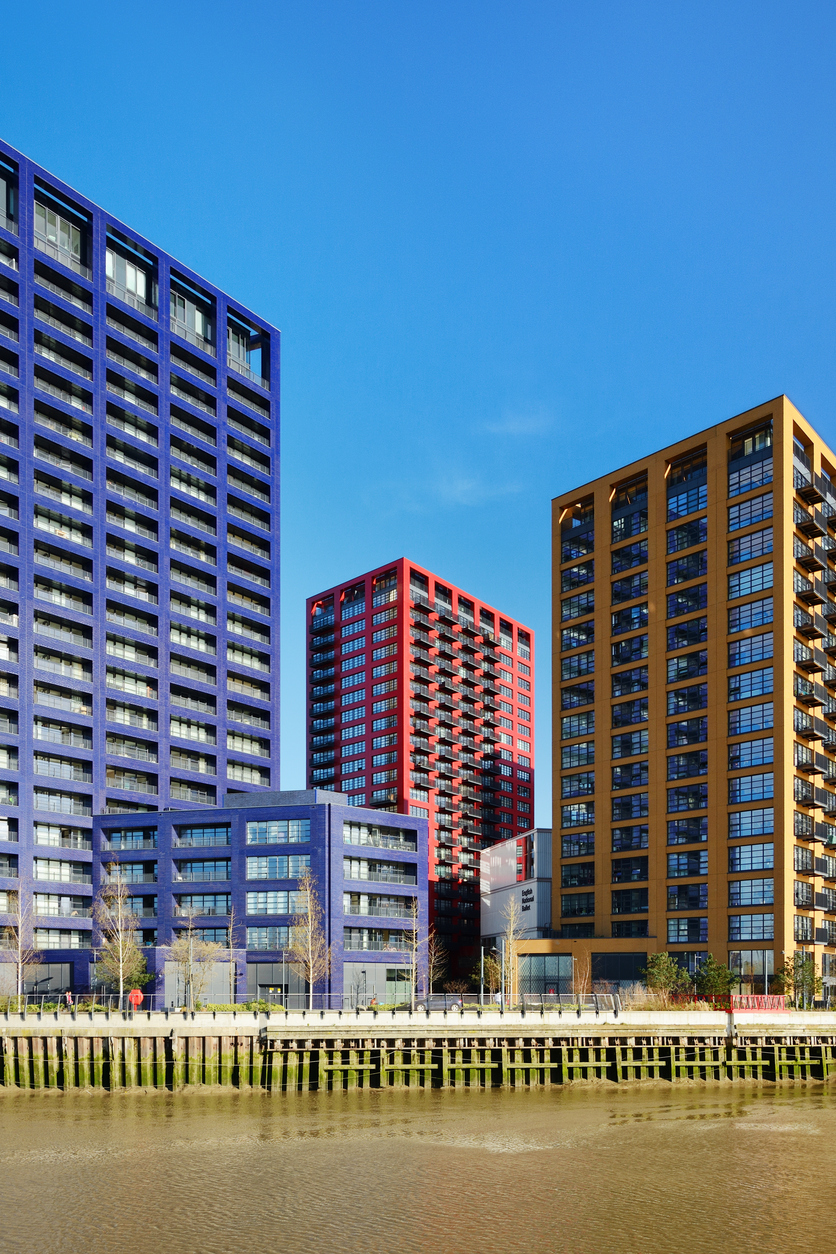



As a leaseholder at London City Island, your ability to renovate is governed primarily by your lease agreement. Most leases include clauses requiring you to obtain written consent from the freeholder or managing agent before undertaking works — this is often called a Licence to Alter.
Even seemingly minor alterations (e.g. changing flooring, internal walls, or plumbing) may require formal permission, especially if they affect noise, building structure, or the exterior appearance.
In London City Island’s leaseholder info, it is stipulated that “structural alterations require consent from the building landlord”, reinforcing that any change beyond superficial works must be approved.
Before starting work, you should:
Review your lease – Identify which works are classified as permitted alterations versus needing consent.
Submit a detailed proposal – Include drawings, scope, materials, contractor details, and timeline.
Obtain consent in writing – Do not rely on verbal permissions.
Check for external approvals – Planning permission, Building Regulations, and Party Wall Awards may also be needed for structural, external or party-wall works.
Renovating in London City Island may also trigger obligations beyond the lease:
Planning Permission: Any changes to windows, balconies, façades, or external appearance often require planning consent from the local authority.
Building Regulations: Works affecting structural elements, ventilation, plumbing, fire safety, or electrical systems must comply with building regulations and likely require inspection and approval.
Party Wall etc. Act 1996: If your works affect shared walls, ceilings/floors, or involve excavation close to neighbour boundaries, you may need to serve party wall notices.
Health & safety / statutory compliance: Contractors must be suitably qualified, insured, and comply with safety legislation (CDM, etc.).
Insurance & liability: Your service charge or building insurance may be impacted if works are done without consent. Unauthorized alteration could lead to enforcement, costs to revert, or insurance complications.
Non-compliant or unauthorized works might attract enforcement notices or require you to revert changes at your cost.
What kinds of renovation may be permitted easier:
Internal redecoration (paint, decorating)
Replacement of internal fixtures (kitchen units, built-in cupboards), provided no structural alterations
Upgrading finishes (flooring, wall finishes)
Non-structural rewiring or plumbing works (subject to permissions)
Works more likely to be restricted or require stricter permission:
Removing or relocating load-bearing walls
Replacing or altering window apertures or balconies
Changing external façade materials or colour
Installing new external features (e.g. satellite dishes, external vents)
Altering common parts (doors, shared corridors)
The key dividing line is whether the alteration impacts structure, external aesthetics, or communal elements.
Request for remediation or reversal of alterations
Loss of insurance cover or problems with building insurance
Disputes with the freeholder or management company
Adverse impact on resale value if non-compliant work is flagged
Increased service charges or penalties
Start by engaging Fraser Bond’s lease & compliance advisors to interpret your lease and identify permissible works
Consult with the freeholder / managing agent early, before hiring contractors
Use certified professionals (architects, structural engineers) for major alterations
Secure all permissions in writing
Keep a full record (plans, approvals, communications)
Liaise with the London City Island & Goodluck Hope Residents’ Association for community awareness and support
Fraser Bond offers dedicated support tailored to owners in London City Island seeking to renovate:
Lease Interpretation — We review your lease to determine what alterations are allowed and what require permission.
Preparation & Submission — We assist in preparing technical drawings, contractor proposals, and formal applications to the freeholder.
Regulatory Liaison — We liaise with local authority, building control, and party wall surveyors if needed.
Legal & Dispute Support — In case of resistance or disputes, we support negotiating consent or challenging refusals.
Value Enhancement Advice — We advise which upgrades yield best return on investment (kitchen, bathroom, finishes) while balancing risk.
For renovation guidance or to get started with your alteration application, you can request a bespoke consultation via FraserBond.com.